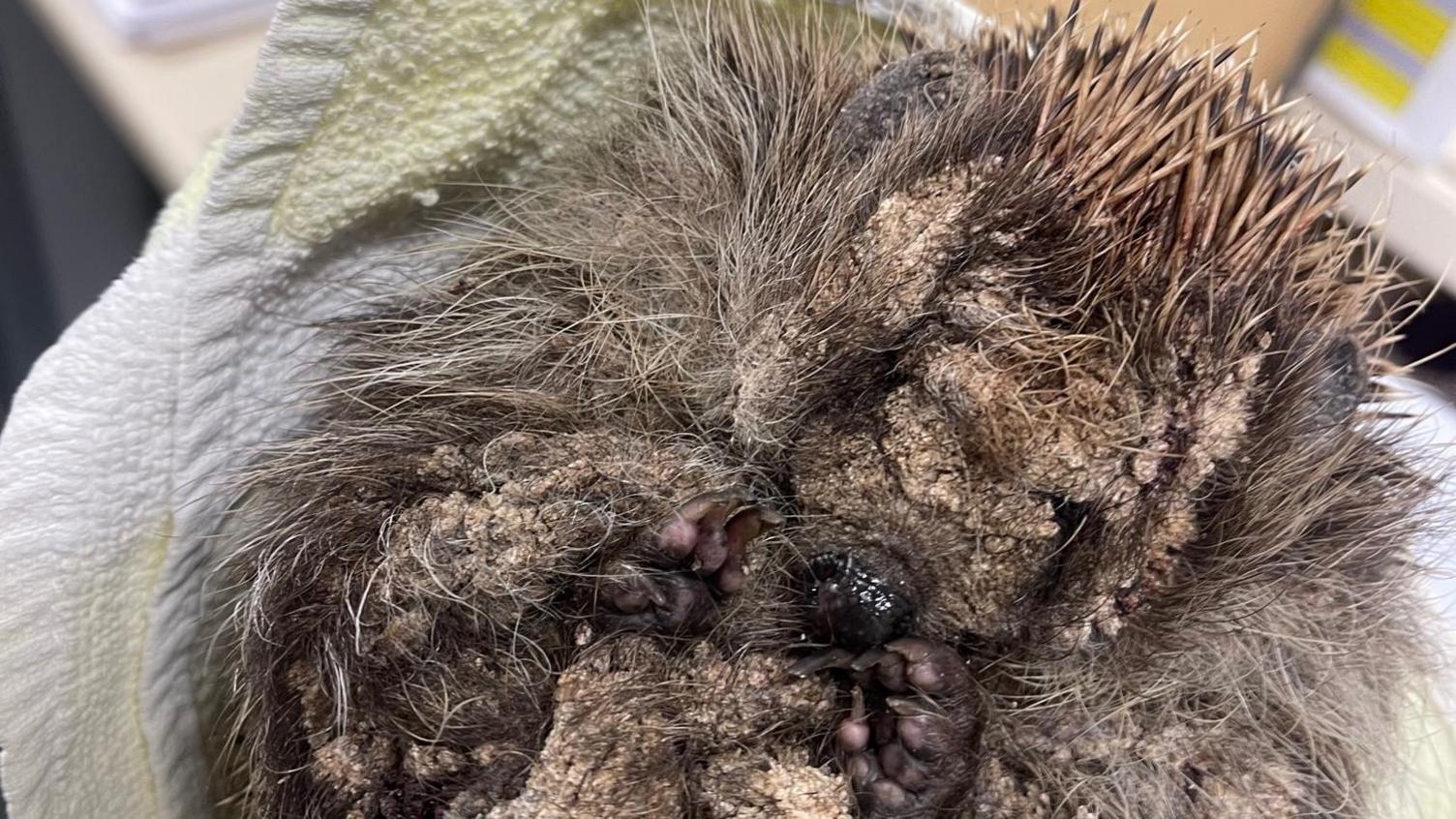How are warmer winters affecting hedgehogs?
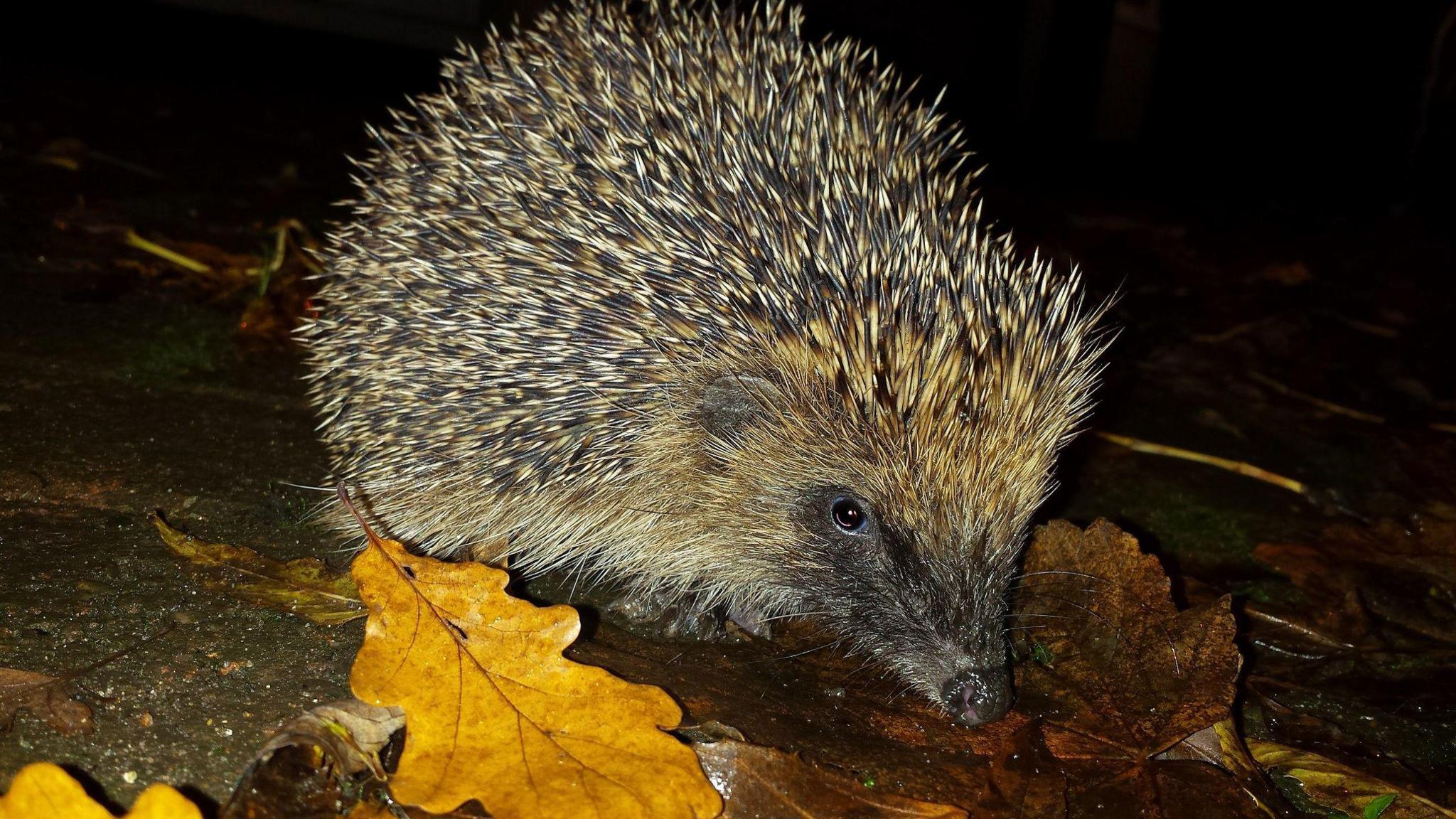
Dru Burdon said warmer winter weather reduced the need for hedgehogs to hibernate
- Published
Wildlife experts in the Channel Islands say warmer temperatures are leading to fewer hedgehogs hibernating and more being infested with parasites.
The Jersey Hedgehog Preservation Group (JHPG) said milder winters have lead to the mammals' food sources remaining available, meaning hibernation is less necessary.
Alderney Wildlife Trust (AWT) said higher temperatures were likely to increase the number of parasites on hedgehogs, which cause the creatures to be underweight and so needing to forage through the winter months.
Traditionally hedgehogs have been found to hibernate between November and mid-March in a winter nest, or hibernaculum, made from dry leaves and grass.
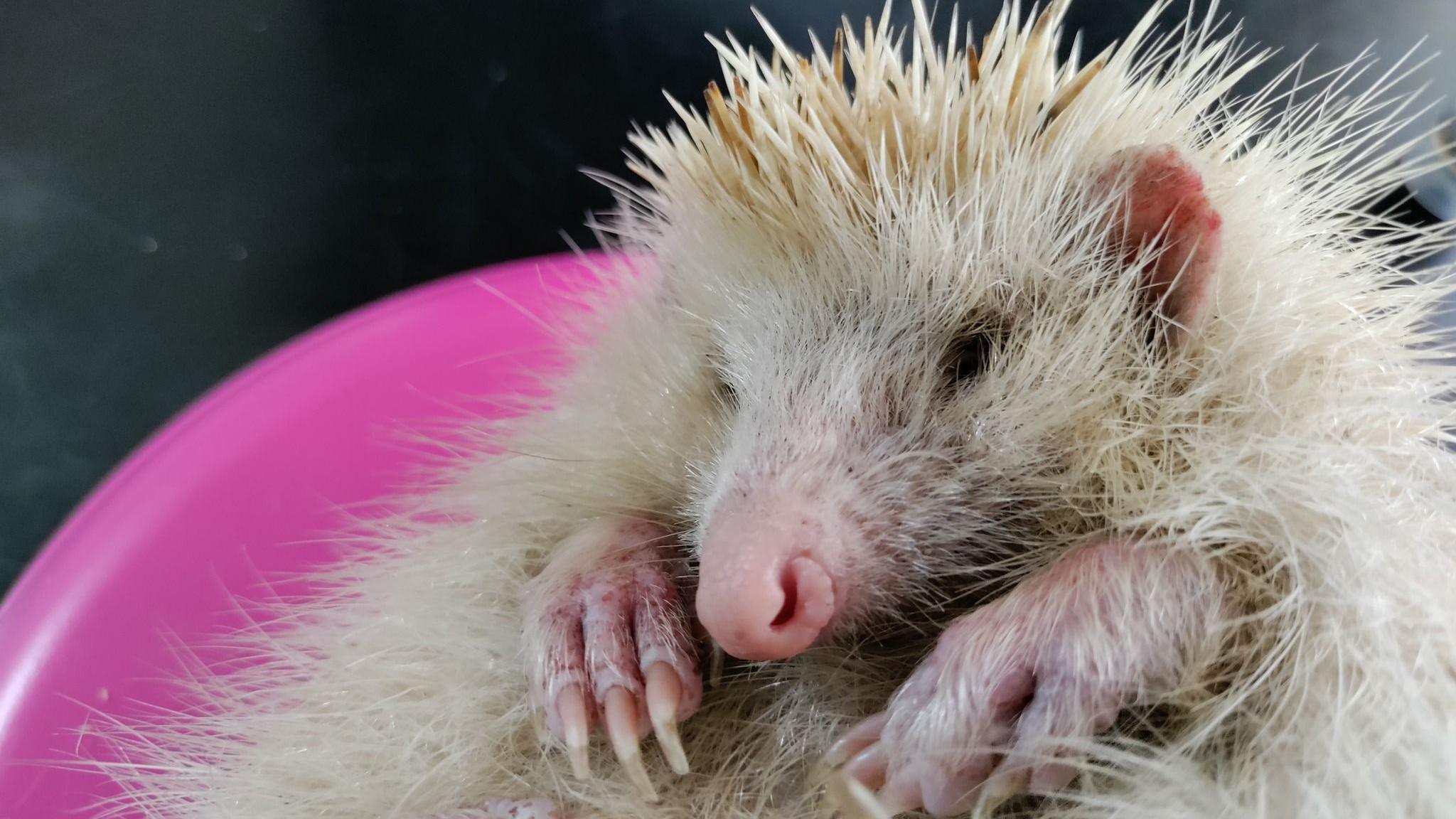
In November Alderney Animal Welfare Society reported it had a "worryingly large number" of very sick hedgehogs in its care
Dru Burdon of the JHPG said she believes the change in hibernation habits is "due to climate change".
She said: "We are not getting the cold winters we used to get, so there is no need for the hedgehogs to hibernate as their food is still available to them while the ground is not frozen.
"If we get a few cold nights below 5C then they may hibernate or just stay in their nests for a bit, but they don't seem to disappear for a long time in the winter like they used to."
2023 was the warmest year ever recorded globally, and the nine warmest years have all been since 2015.
Guernsey had its second warmest year on record in 2023, according to the bailiwick's Met Office.
Jersey had its joint-hottest year on record in 2023 and temperatures in the islands are on average warmer than those in the mainland UK.
'Awake all year round'
The chief executive officer of the Guernsey Society for the Prevention of Cruelty to Animals (GSPCA), Steve Byrne, said it was "incredibly difficult" for hedgehogs to hibernate because temperatures are rarely falling below 5C (41F).
He said: "We see and rescue hedgehogs 365 days a year. Due to our weather and climate they are indeed awake all year round, as they would anywhere the temperature doesn't drop to that required for them to go into hibernation mode."
Roland Gauvain, the chief executive officer of AWT said some of the island's bats, rats and moles appear to have also changed their behaviour.
He said: "We have anecdotal evidence that there are many more species, especially small mammals, which would historically have hibernated through the colder months of the year that are now remaining active throughout the winter.
"This is not to say that significant numbers of hedgehogs do not still hibernate.
"However, enough animals are now appearing to remain active, and therefore in sight of the general public, for the number of reports of 'unseasonal activity' to continue to climb."
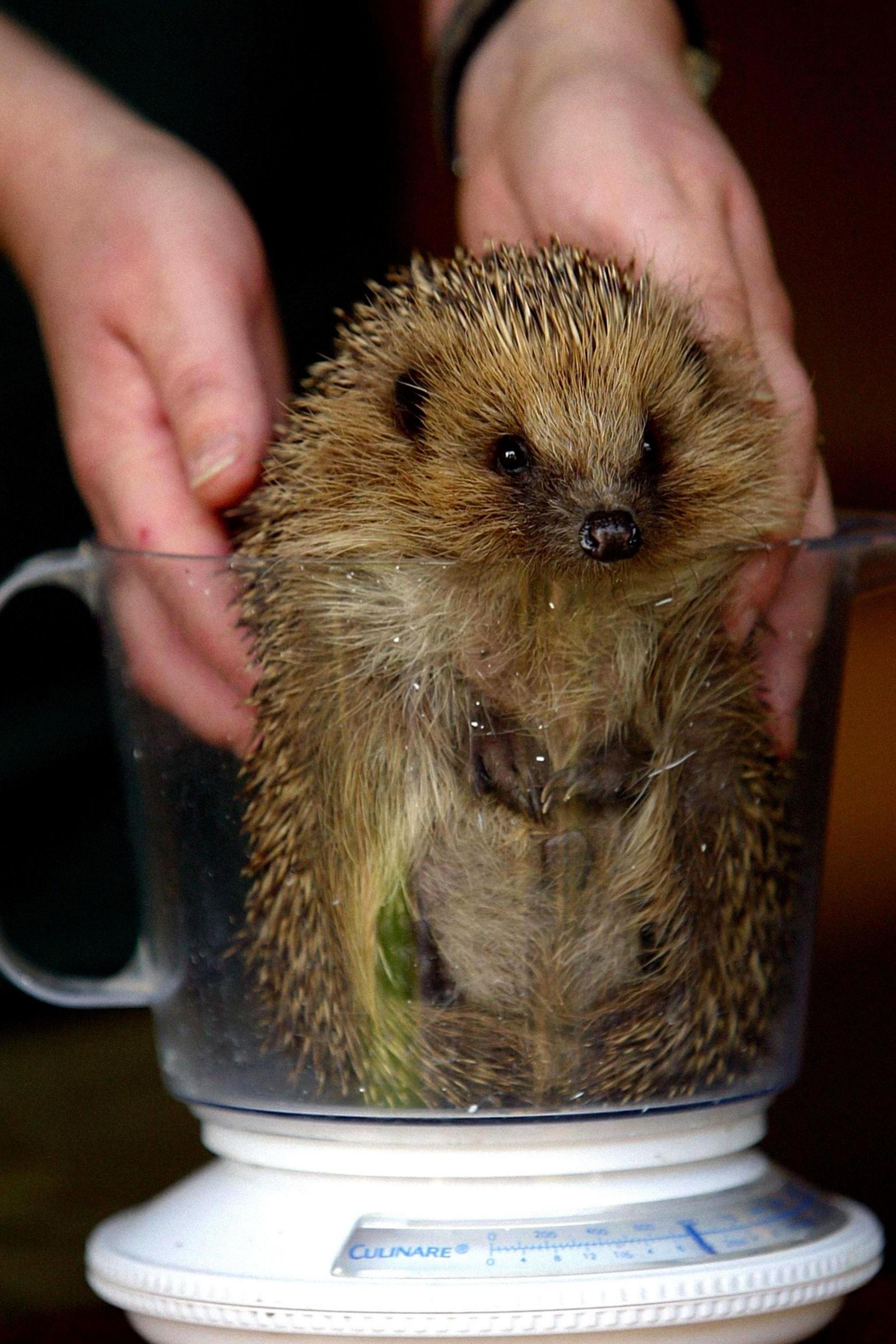
Roland Gauvin said underweight young hedgehogs and females need to continue to forage through the winter
He said the cause of this change in behaviour is "likely to be complex" but rising temperatures were "likely to be a significant factor".
"This could though be a combination of warmer winters making foraging more possible.
"But it could also be wetter, warmer summers and autumn allowing hedgehogs to have multiple litters - making it more likely that there are underweight juvenile animals, and females, who need to continue to forage through the winter to gain or regain weight," he explained.
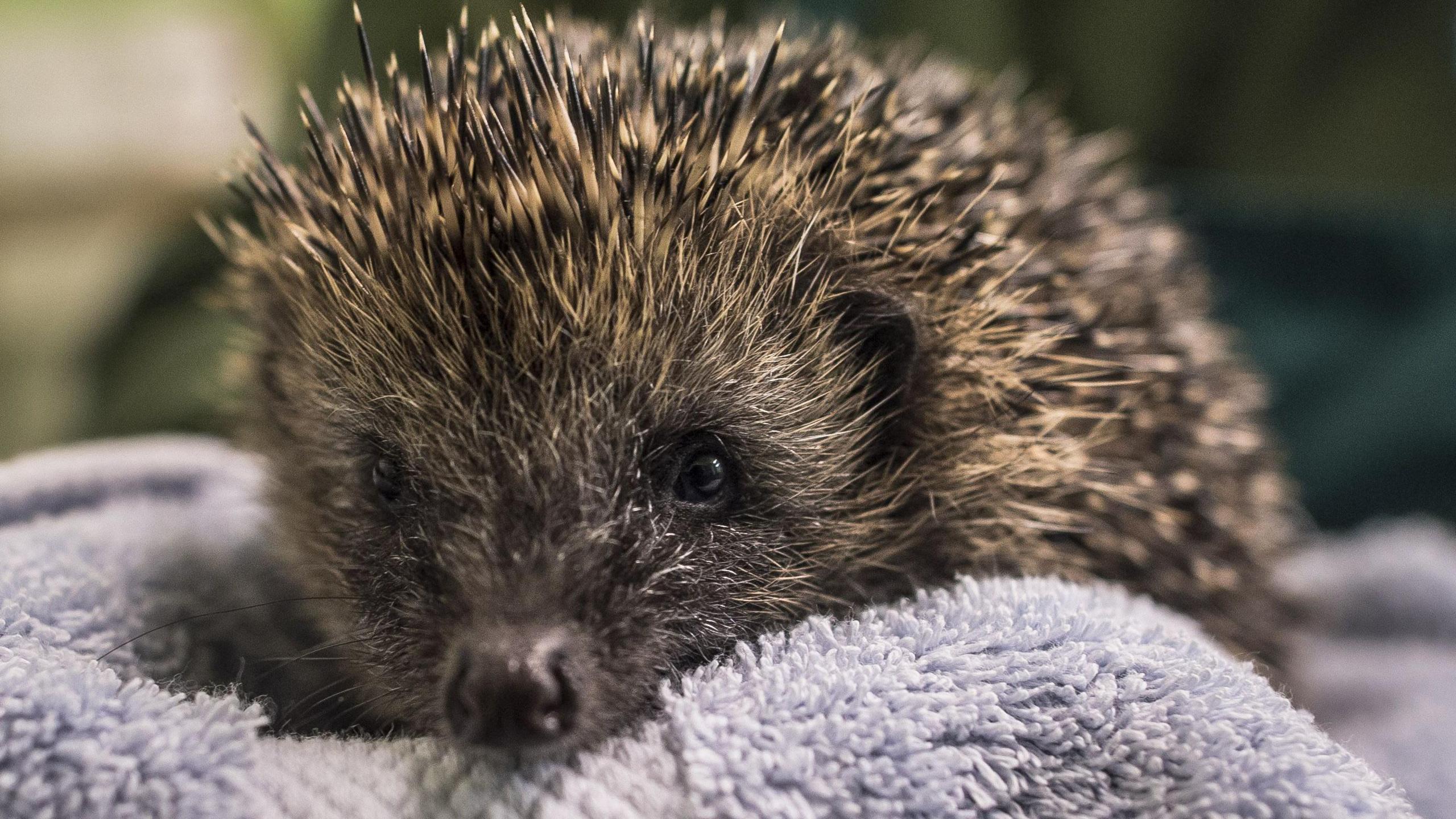
Temperatures and availability of food contribute to the need to hibernate, Fay Vass explained
In November Alderney's Animal Welfare Society reported it had a "worryingly large number" of very sick hedgehogs in its care.
Veterinary nurse Kelly Huitson said some had suffered from ticks along with symptoms of an unidentified illness.
Mr Gauvain said: "We can assume that warmer winters are also likely to benefit these parasites and may be responsible in part for increases, though this could also be down to introduction of new species into the island via various methods."
'Research needed'
Chief executive of the British Hedgehog Preservation Society, Fay Vass, said the reports are currently acecdotal.
She said: "Hibernation is triggered by a variety of factors, two of which are temperatures and food availability.
"So, if it remains warm and food is readily available it may be that hedgehogs hibernate for less time or possibly not at all - research would be needed to be able to say with any certainty that this is happening."
Follow BBC Guernsey on X, external and Facebook, external. Follow BBC Jersey on X, external and Facebook, external. Send your story ideas to channel.islands@bbc.co.uk, external.
- Published3 December 2024
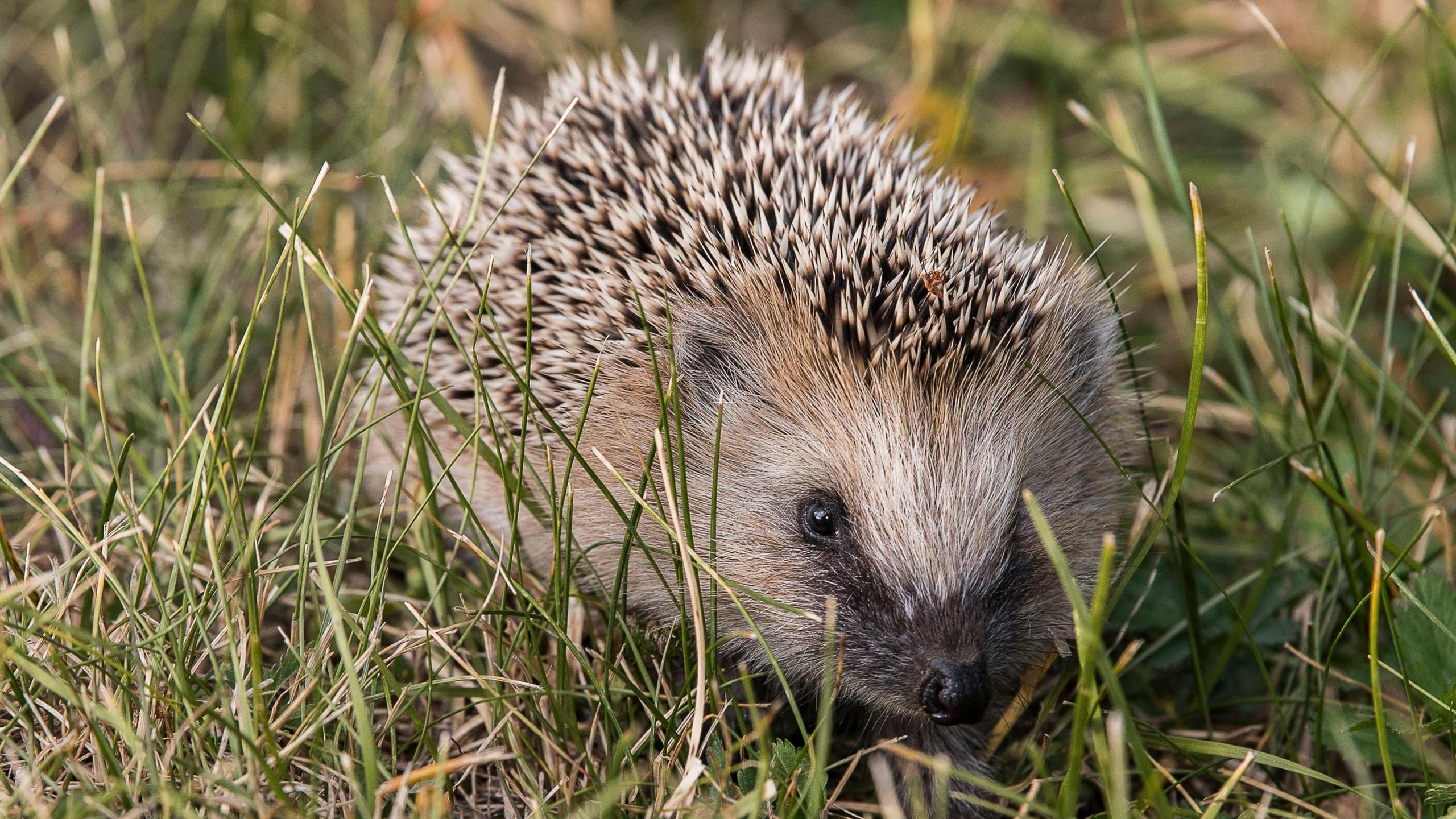
- Published2 November 2024
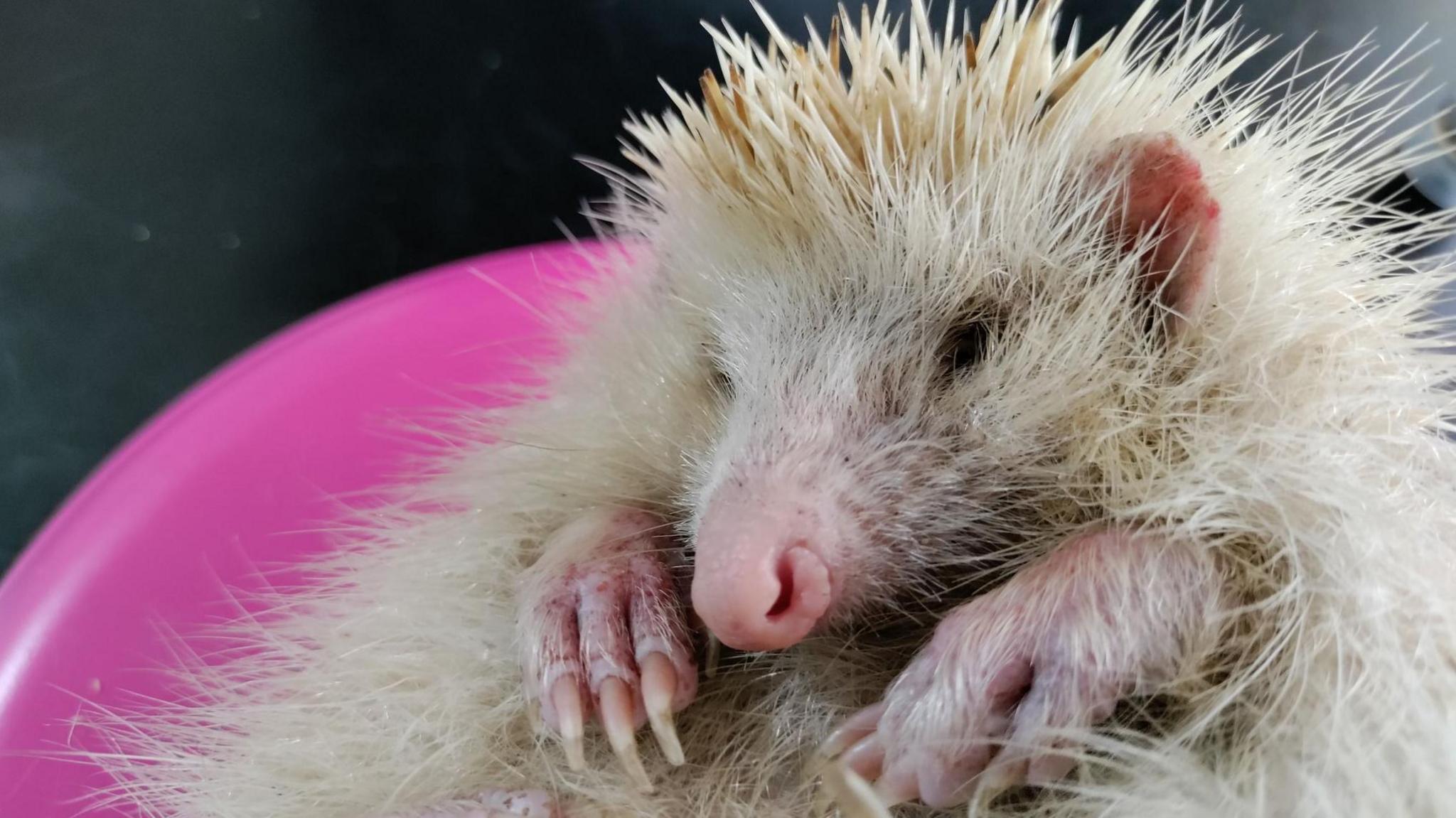
- Published24 February 2022
